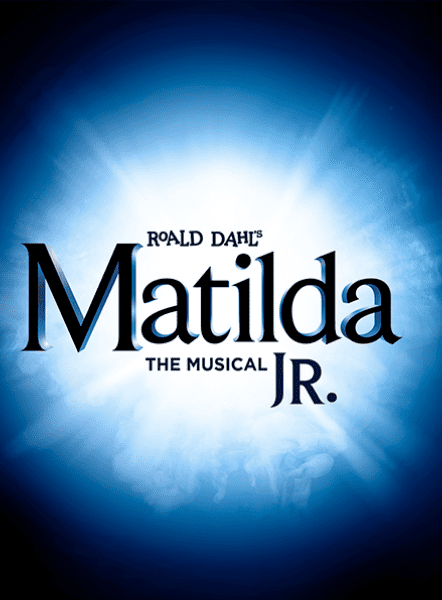Cultural capital
Evidence suggests that the cultural capital passed on through families helps children do better in school. The education system values the knowledge and ways of thinking developed by acquiring cultural capital, both abstract and formal. As adults, cultural capital helps individuals to network with other adults who have a similar body of knowledge and experiences, and who in turn control access to high-paying professions and prestigious leadership roles, for example in government.
Numerous sources of cultural capital have been identified: Objective: cultural goods, books, works of art; Embodied: language, mannerisms, preferences; Institutionalised: qualifications, education credentials; Technical: marketable skills, e.g. IT; Emotional: empathy, sympathy (things businesses might look for in employees in management positions); National: ‘operates on the assumption of the existence of traditions, in both high and popular culture; Subcultural: Groups built around cultural specifics, where individuals need particular cultural knowledge and behaviours to belong to the sub-set.
Citizenship and British Values
St Gabriel’s promotes British values in a number of ways, but although a Roman Catholic secondary school, these values include the primacy of British civil and criminal law, religious tolerance and opposition to gender segregation. Information is posted regularly about the role and work of Catholic schools in England and Wales and why they were established to serve the Catholic communities in our country when the Catholic Church was re-established in 1850.
At St Gabriel’s, British values are developed within our school curriculum and include:
- The fundamental British values of democracy (for example in the election, role and impact of our Pupil and Eco Councils)
- The rule of law (for example, in our clear code of conduct)
- Individual liberty (demonstrated through our pastoral system, enrichment activities that include sport, music and drama and charity work for CAFOD and Bury African Outreach)
- Mutual respect and tolerance of those with different faiths and beliefs (seen in our Pupil Chaplaincy Team where some members are members of other faith communities including Islam and the Church of England)
We have an exceptionally strong moral code based upon the teachings of Jesus Christ. Ultimately this is found in the Beatitudes: “to love God and love our neighbour”. Such a command is evidenced frequently throughout the school day: relationships between students and staff; between students themselves; the vast range of voluntary commitment that occurs and a curriculum that places above all the student at its very heart. Indeed we seek to develop the whole person as set out in our mission statement that is displayed around the school and is evidenced in the community we are.
Curriculum
British values can be evidenced in:
- RE in all year groups; prejudice and discrimination, other faiths, beliefs and values
- History – the development of the role of parliament and the second world war
- Geography – Human geography, wealth and the distribution of resources
- Business Studies in KS4 – Ethics of Business
- Elections for the Youth Parliament – outside speakers, keynote speakers; students who have previously been nominated through a ballot and hustings in school have stood for election for the Youth Parliament. We have had a MYP in Year 10 representing Bury recently
- Sustainable Development: science, our Eco-Council and in PRE
Enrichment
Students have the opportunity to share in British values in a number of ways. They are not necessarily explicitly described as such:
- Students councils, Chaplaincy Team, Pupil Ambassadors
- Summer BBQ for charitable causes
- School Prom for Year 11
- The marking of national events through assemblies, information, activities (e.g. World Cup Football, Olympic Games, Commonwealth Games, Royal Weddings)


